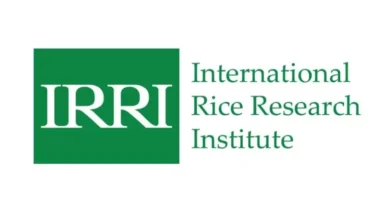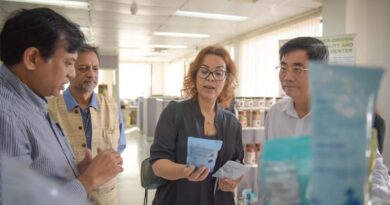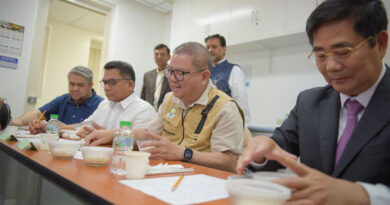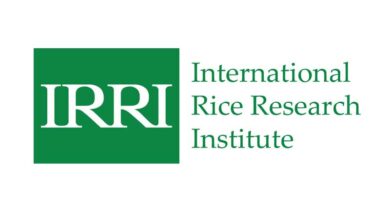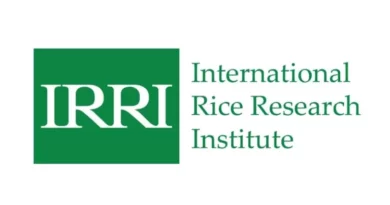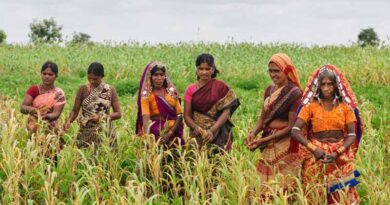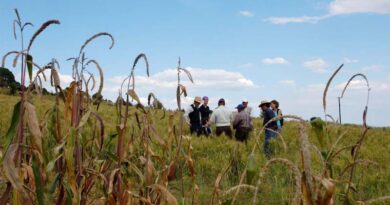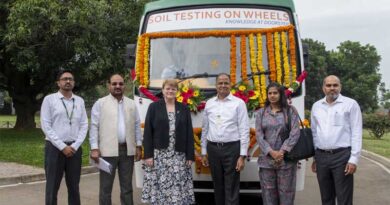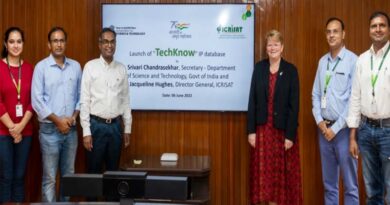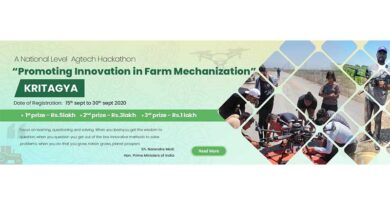Accelerating Multi-level Rice-based Farming Systems in the Philippines
22 May 2024, Philippines: The International Rice Research Institute (IRRI) and Good Neighbors International (GNI) signed a collaborative agreement to promote and accelerate research and extension on global, regional, and national rice-based farming systems, beginning in Central Luzon, the largest rice-producing region in the Philippines.
The agreement was formalized by IRRI Director General Yvonne Pinto and GNI Director General Sun Kim at IRRI Headquarters in Los Baños, Laguna, Philippines on 20 May 2024. This partnership aims to jumpstart a major long-term agricultural project between the institutions, ensuring food security in the face of climate change.
“This cooperation with GNI reflects IRRI’s strategic approach to engage with the Government of Korea through KOICA to scale out agricultural innovations and scientific capacity in Southeast Asia,” said Dr. Yvonne Pinto, IRRI Director General. She also highlighted how this collaboration aligns well with one of IRRI’s major projects with the Philippine Department of Agriculture – the OneRicePH, an initiative to streamline the country’s rice breeding strategies and variety dissemination.
“The international cooperation with IRRI, which has diverse experiences and key experts in rice research, improvement of rice varieties responding to climate change, has a significance in responding to global climate change and improving food security. Also, it is meaningful that we as a team take the lead in addressing international poverty and hunger, including the Philippines,” said Director General Sun Kim of GNI.
Combining GNI’s strengths and resources in delivering effective capacity development at the grassroots level with IRRI’s expertise in rice science, both organizations are committed to helping improve the income and livelihoods of rice producers in the region.
The future cooperation aims to enhance food security and support sustainable livelihoods for farmers in Central Luzon, focusing on advancing climate-resilient rice research by working with local agricultural centers to improve infrastructure and systems for drought screening and breeding; implementing capacity-building programs through Good Neighbors and the Community Agricultural Management Program (CAMP) to provide farmers with essential infrastructure, equipment, and training; and distributing climate-resilient rice varieties to farmers with IRRI’s technical support.
Through this collaboration, IRRI will strengthen local farmers’ capabilities in producing and breeding stress-tolerant varieties, aligning with IRRI’s OneRicePH strategy, to benefit 30 barangays in Tarlac by disseminating IRRI breeding lines.
The initiative is expected to commence in 2025, with a series of preparatory meetings and field visits already underway. As the partnership unfolds, the initiative aims to bring significant improvements to the agricultural landscape of Central Luzon and beyond.
(For Latest Agriculture News & Updates, follow Krishak Jagat on Google News)


